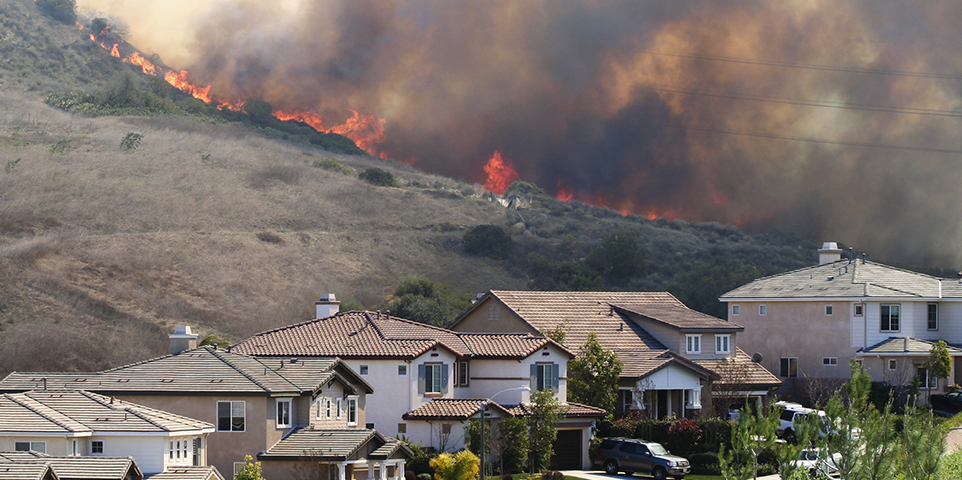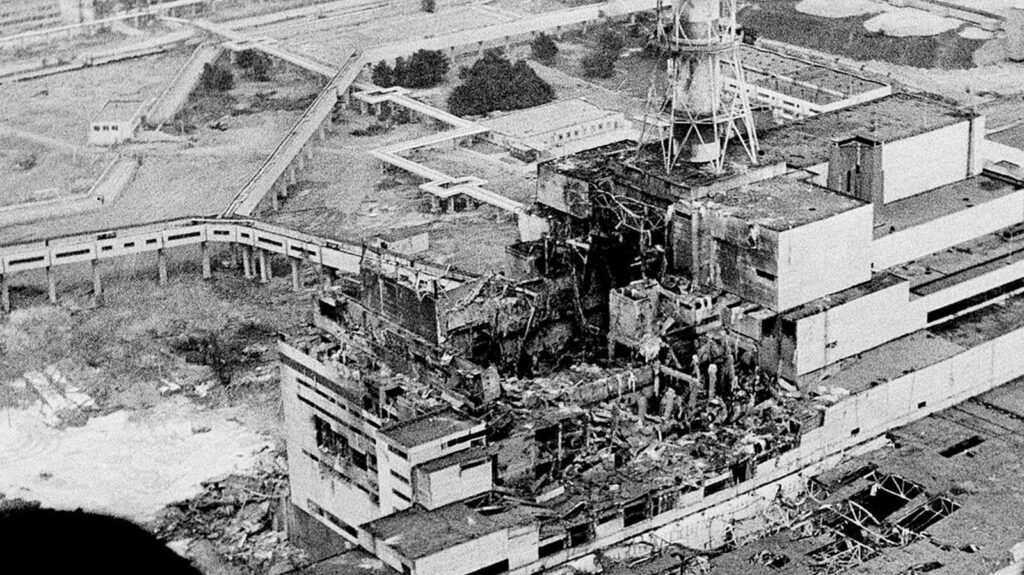Research

LEAP-HI: Safety and Learning from Errors and Near Misses in the Human-Automation Interaction of Socio-Technical Infrastructure Systems
Modern socio-technical infrastructure systems operate in dynamic environments where there is a high level of interaction between human operators and increasingly autonomous technologies that carry out safety-critical tasks. The project will research the balance between safety, workload, and economic considerations in these semi-automated socio-technical infrastructure systems to provide improved design and policy tools to both infrastructure providers and regulators by integrating the disciplines of systems engineering, human factors engineering, decision and organizational theories, and economic production theory…
Collaborative Research: Multi-Perspective Evacuation Performance Measurement
The consequences of performing well in an evacuation are many. They range from utilizing scarce resources, to saving lives and protecting property, to securing politically viable decisions when a disaster occurs. However, there is limited consensus among various stakeholder groups as to what constitutes a successful evacuation. Since Hurricane Katrina, some evacuation issues have been considered and plans adjusted to one degree or another, but to date most changes have been reactive responses to particular problems. While important, these solutions are stop gaps that do little to ensure that new shortcomings will not be identified in the next event …


Cognitive Barriers to Understanding Complexity in Human-Technical Systems: Evidence from Engineering Students and Practitioners
According to the National Academy of Engineering, poor understanding of complex human-technical systems, i.e., systems that have many interacting parts, has been a major cause of “man made disasters” that include, for example, the Fukushima Daiichi nuclear accident and the Deepwater Horizon oil spill in the Gulf of Mexico. Various studies show that even well-schooled engineers have difficulty understanding basic concepts of complex human-technical systems. This research will provide insights of the important cognitive (e.g. reasoning, thinking) skills for the understanding of complex systems for both engineering students and working professionals …
The identification of best practices for the design and operation of resilient engineered systems by considering The designer, artefact, and user (DAU) socio-technical eco-system
This research is driven by some of the most egregious examples of engineering failures that have arisen from the emergence of unanticipated system behaviors; these failures have resulted in unfortunate casualties, damage to or loss of property, and calamitous impacts to the environment. Examples include the Chernobyl nuclear disaster, the Three Mile Island accident, and the Bhopal gas leak, among others. However, despite the lessons learned and the continued refinement to system engineering operational protocols and procedures, these preventable engineering failures continue to amass.


